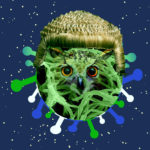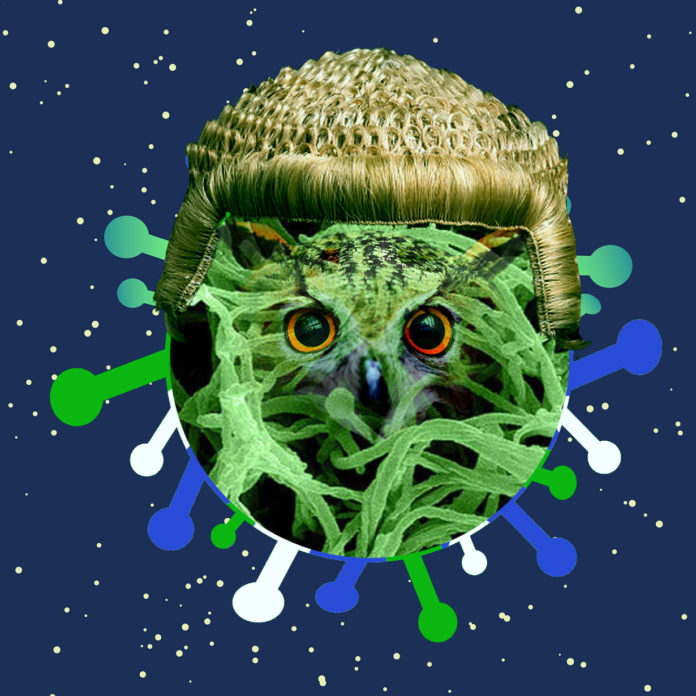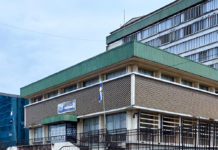
During some unknown moon circles ago, the village of Thampèreh was cursed with the Angal-Heyrsa virus. It is a dangerous disease that affects the heart and strips off its victims’ dignity, respect, shame, and fear of the divine without them knowing it. Over time, the virus turned into a full-blown plague and took over the village’s public institutions. Pulakoun scientists believe that Angal-Heyrsa is one of the leading causes of corruption.
The Council of Elders in the village came up with a plan to curb the spread of the virus by establishing various offices, including the Tomb Raider’s office and that of Paint Collector.
The Tomb Raider’s office had a broader scope and had people with archaeological experience dig into the village’s tombs and ruins to uncover the misery of the virus (See article on Thampèreh’s Tomb Raider).
The Paint Collector’s role involved working on recommendations from the office of the Tomb Raider and, in other cases, investigating issues of mismanagement and embezzlement of the village’s resources as part of the fight against corruption. The Elders’ Council code-named the office the Anti-Corruption Commission and has a commissioner as its head.
Many commissioners headed the institution, but only a handful reached public expectations of their work. In fact, instead of acting as anti-corruption crusaders, many were known as Accompanying Corruption commissioners.
A little over thirty-six moon circles ago, Thampèreh’s current Painter appointed a dynamic wig man to be the village’s new Paint Collector. While the circumstances surrounding his appointment were controversial, he was a good pick for the job. He’s young, charismatic, and was one of the most vocal voices in telling Painters how they should use the village’s paint. He had a rigorous approach to investigating public officials for embezzlement, mismanagement of funds, and other racketeering activities in the village.
But shortly after his appointment, the wig man moved from being one of the most charismatic and vocal young men to an ariogbo performer. He had a hunting book where he kept records of who deserved his and the Painter’s mercy and who didn’t. He exercised his strength on the weak using black venomous scorpions while protecting the powerful and burying their deeds in his thick wig. He became the syringe to infect the venom from the scorpions on the Painter’s adversaries.
The Accompanying-Corruption Commissioner divided his hunting book into two parts. The first part contains the names and ranks of the Painter’s adversaries or those who challenge his rule. Those are the ones that have tasted the venom from his scorpions.
The second part contains the list of people from the Painter’s cathedral where individuals drank small and large doses of the Angal-Heyrsa pathogen that would turn them into “Yes sir” and praise-singing men and women. Even with clear evidence of corruption and other racketeering deeds, the Accompanying-Corruption Commissioner considers actions by people in this second part of the book as “ethical issues.” He will then suggest writing recommendations to “help with prevention” of such acts in the future. Corruption rules are his hunting book, and he tends to interpret offences depending on who is involved. Recent calls to investigate fake PhD buyers and their hunt for Thampèreh’s resources will continue to fall on deaf ears.
And for a Paint Collector who’s notoriously obsessed with masturbating on fake medals and awards issued by ghost institutions and groups, it is obvious the issue of counterfeit degrees will end up as an ethical problem shadowed by the Angal-Heyrsa virus.



